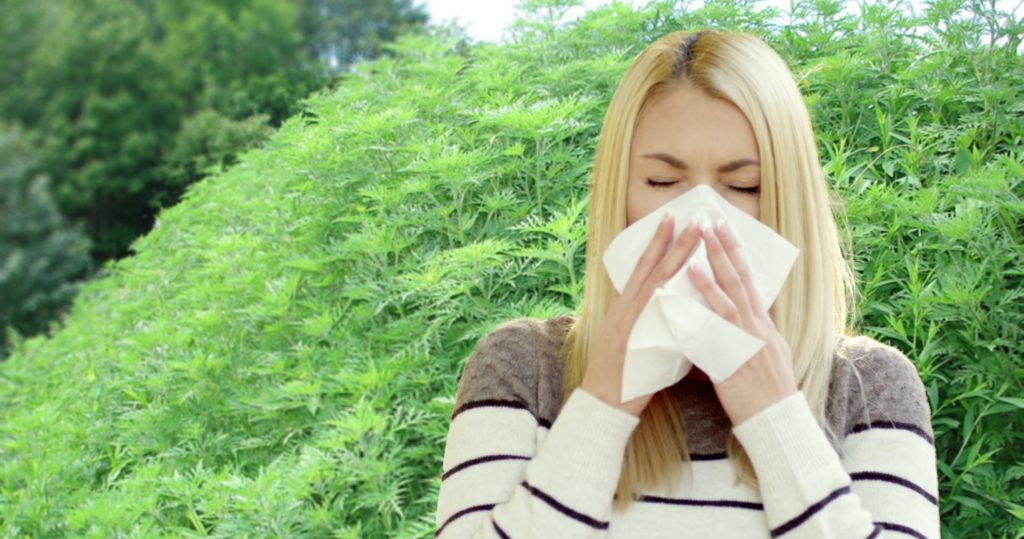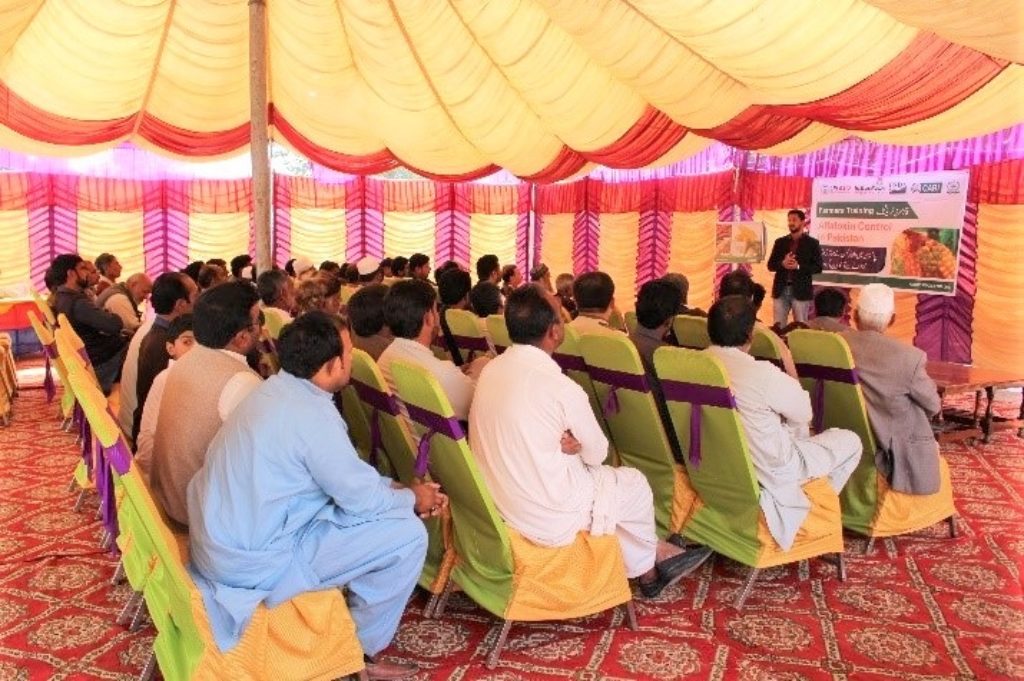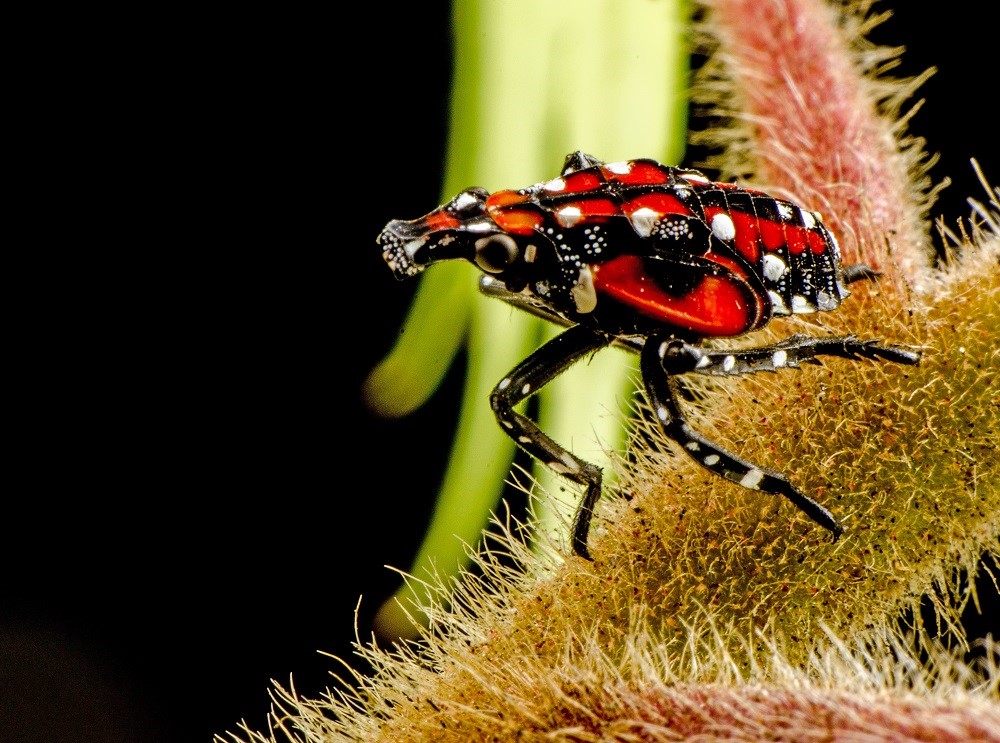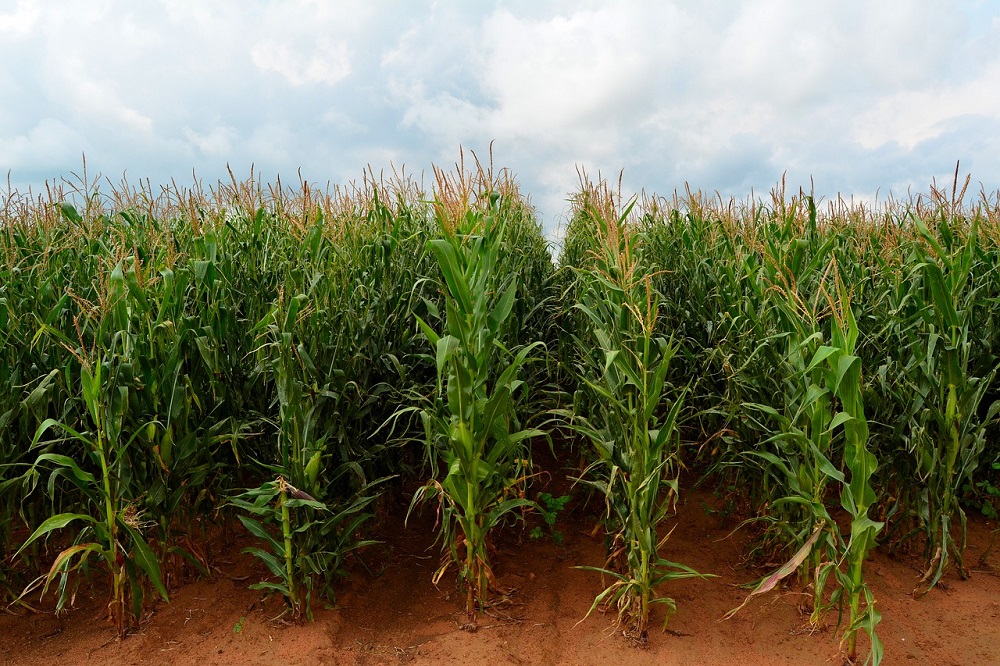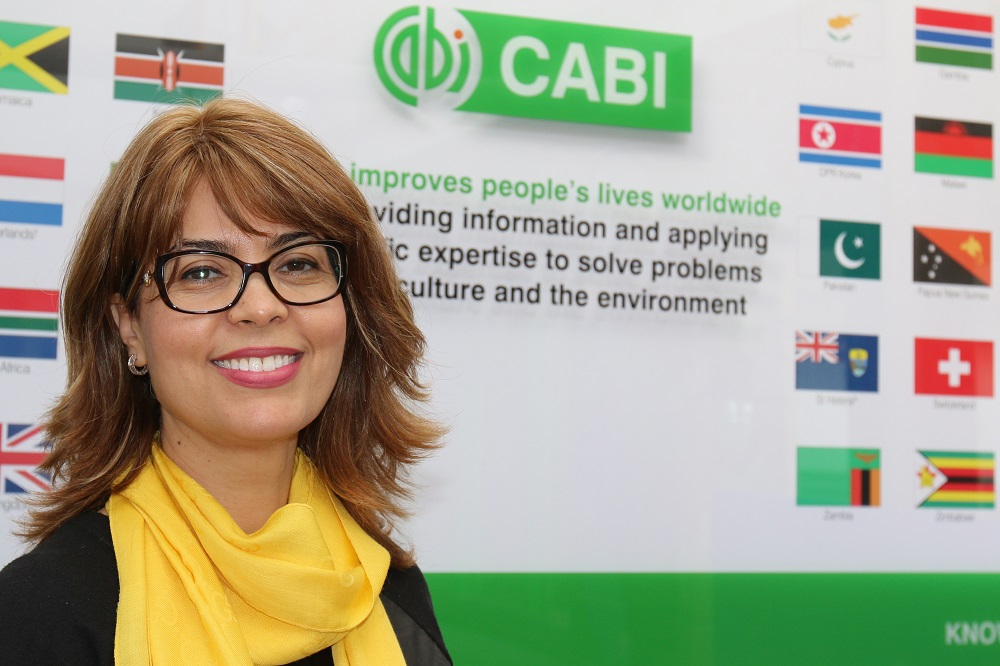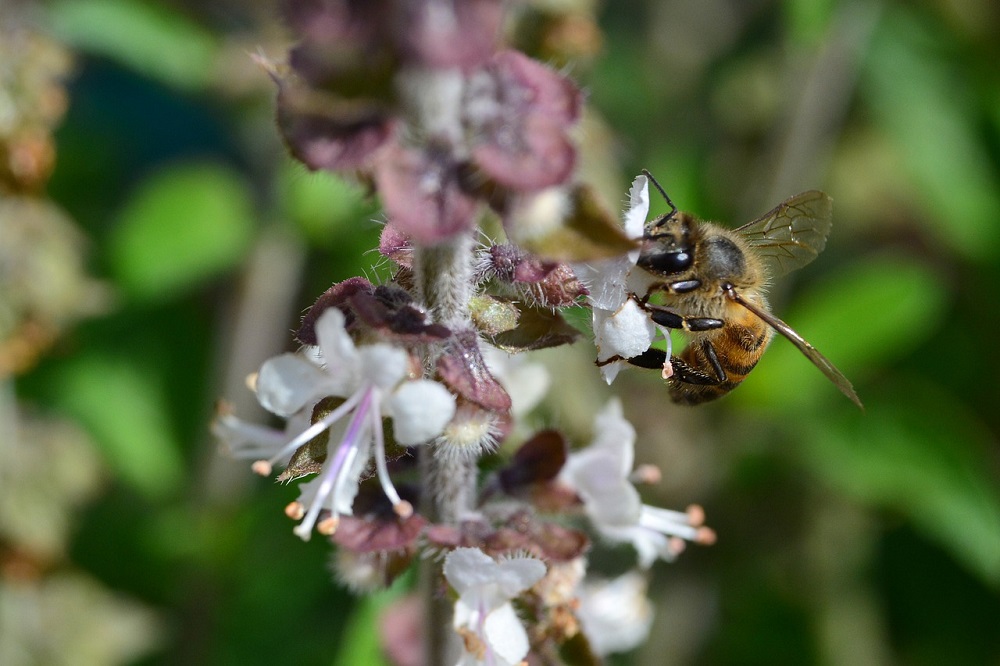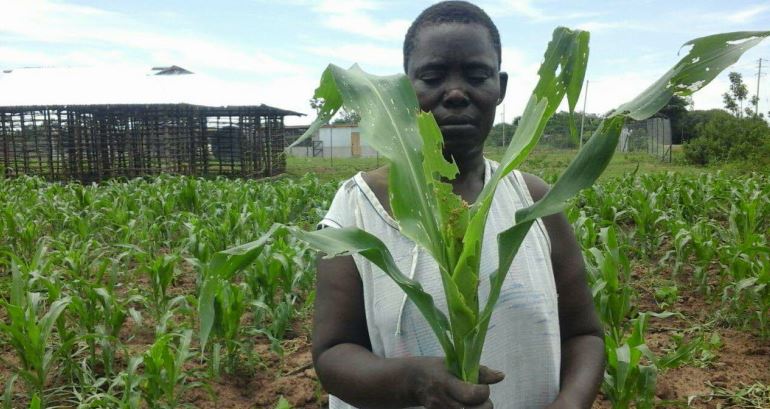Sensitizing maize growers of Punjab on aflatoxin biocontrol to produce quality crops for their communities
Dr Sabyan Faris Honey, CABI, and Deborah Hamilton, USDA Farmers in the Punjab province of Pakistan produce 85% of maize not only for the purpose of helping to ensure local and regional food security but also for export to high end markets. Due to the presence of aflatoxin levels above permissible limits (20ppb) in maize…
CABI builds capacity to tackle aflatoxin contamination of cereal crops in Pakistan
In this latest blog from CABI’s Dr Sabyan Faris Honey and Deborah Hamilton of the United States Department of Agriculture (USDA), we look at how the ‘Aflatoxin Control in Pakistan’ project is increasing efforts to build the capacity of technical staff in Punjab province to manage the harmful toxins which affect cereal crops, including maize,…
CABI Board Member Dr Ismahane Elouafi extols the virtues of crop diversity
CABI Board Member Dr Ismahane Elouafi – ranked by Muslim Science as among the 20 Most Influential Women in Science in the Islamic World – says crop diversity is the key to tackling the challenges in marginal environments, particularly in the face of climate change. Dr Elouafi told SciDev.Net that the inaugural Global Forum on…
African scientists call for urgent action to control use of neonicotinoid pesticides
African scientists are calling for urgent action to control the use of toxic neonicotinoid pesticides, which are already banned in Europe, for fear of them having an adverse effect on biodiversity and food security in Africa. SciDev.Net reports that Enock Dankyi, a member of the Ghana Academy of Arts and Sciences and a lecturer at…
New impact brief reveals cost benefit of fighting Fall armyworm in Ghana
A new CABI Study Brief published on CABI.org has revealed that implementing coordinated control measures to fight Fall armyworm in Ghana can reduce the economic cost of crop losses by USD $15 million a year. The research, entitled ‘Have actions taken to control Fall armyworm reduced the economic cost experienced in Ghana?’, based itself on…



